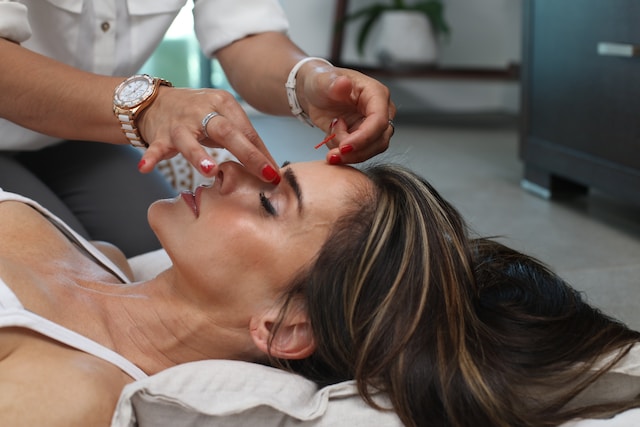

The American Dream is not complete without achieving home ownership. Many people do not believe that owning a house will be possible in the current housing market. Others have opted to rent instead of taking out a mortgage.
Renting has its benefits, but you can’t ignore the health benefits of owning your home. Owning a house is better for you physically and mentally than renting.
Renting vs. Owning a Home: What Are the Health Benefits? Renting
The benefits of home ownership include greater control over the health and safety of your family. You can take care of repairs yourself, rather than depending on your landlord. Owning a home has four health advantages over renting.
1. The Ability to Put Down Roots
Renting an apartment makes it easier to move than buying a home. If you like to move from one apartment to another across states every few months, that is possible. But if you want to improve your mental health, it’s better to become a part of the community and establish roots.
According to studies, 83% women who are pregnant experience fewer postpartum depressive symptoms when they have social connections. You can live longer by forming bonds with other people. As most people stay in the same place for many years, home ownership offers more stability. Homeowners are also more involved in their communities and neighborhoods, which increases their sense of belonging.
2. Home Maintenance is generally better
Renters are reluctant to recommend their complexes. In the Bronx for example, tenants complain about landlords’ slow response to complaints regarding cleanliness and bugs infestations.
The apartment should be rated 100 for the level of mold. Ratings above 800 are often a sign that remediation is needed. Mold can be a serious health hazard for tenants, and it can also reduce the air quality. Yet this is a trend that’s common in multifamily housing.
People who live in apartments with high levels of air pollution are at greater risk for migraines, and skin irritation. Owning a home is a great way to ensure your own safety and wellbeing. In your home, you can take all the precautions necessary to protect your family and yourself.
3. Increased Life Satisfaction and Self-Esteem
Homeowners are proud of their home. Homeowners feel accomplished, and their self-esteem is higher.
Most often, homeownership is the result of years of saving, including cutting down on unnecessary expenses, improving credit scores, and using coupons and discounts as a way to protect one’s finances. Many homeowners are grateful for the effort it took to purchase a home.
4. Greater Financial Security
Financial constraints are a major reason why many people do not buy a home. Your home is likely to appreciate in value over time. This means more money for you and less economic anxiety.
In the UK, 60 % of financial well-being is derived from homeownership. The gains from investing correctly can have a positive effect on depression and anxiety symptoms. Financial management problems can be a major burden, particularly during times of inflation and unemployment. According to a Bankrate survey, 46% said that money negatively impacts their mental health, compared with 38% of men.
A house is more expensive initially, but it will help you build equity and increase your networth for retirement. This is better than handing your money over to a landlord. Your mental and financial health will improve if you secure your financial future.
Renters can improve their health
Renters in multi-family housing can be healthier even if they can’t afford to own a home.
Check for blocked air vents and open the apartment windows temporarily to improve ventilation. Most people spend 90% of their time inside where air pollution is two to five-times worse than outdoors.
Another way to prevent potential health risks is by regularly inspecting your apartment for water leaks or mildew. If you notice any suspicious mold or pests, contact your landlord right away. Keep an eye on them and make sure a repairman fixes the problem.
To learn more about their rights, tenants should read their lease agreement and speak to their state. Keep a record of all communications with your landlord including payments. Renters can find advocacy resources that will help them if they have any problems.
The Best Way to Stay Healthy is to Own a Home
A house is a great way to improve your physical and mental health by reducing the risk of illness and providing you with financial and social security. You can protect your health by renting, but if you have the money to spare you may want to consider purchasing a home instead.





